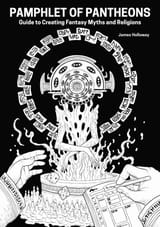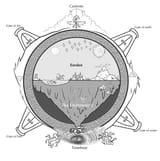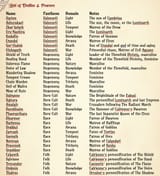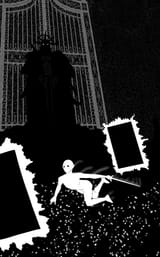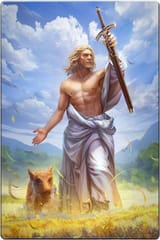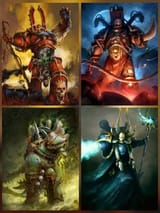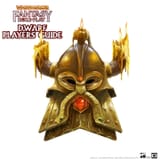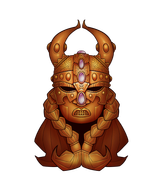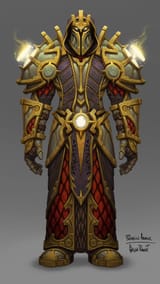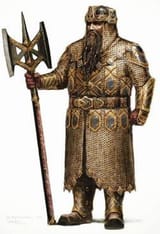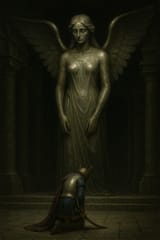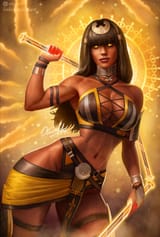>>95669242 (OP)
>So, how activate are the gods in your settings, /tg/?
In general very, though on a very small scale since they're patrons of a single city-state and its surrounding lands.
>What are their myths and what are the truth in those myths?
Most of the myths center around the city's foundation, as well as six sacrifices the founders performed to "awaken" the Gods of the cursed lands and turn them towards helping the people instead of terrorizing them.
Each God's clergy has their own take on those myths, though the core is consistent. They're all only about half right, though.
>How are religions shaped by them?
Their clergies have established state holidays, religious rituals, themed churches, marriage and funerary traditions... but the gods themselves don't give much input on such things most of the time. Except for the sacrifices they require to rise through the ranks of clergy and gain access to their miracles.
>Or do they prefer just worship and allow mortals to do whatever?
Intent generally matters more than specifics and they don't generally go out of their way to punish behavior. But the greater the act of faith, the greater their favor in turn.
>Is morality dictated by them?
Each God has only a single moral tenet they care for and will enforce. They don't care for morality outside of that, or even each others' tenets.
>Do demigods exist?
No, but the top echelon of clergy become effectively the angel equivalents.
>What powers do your gods have?
Thematic, esoteric, and malleable. They can't really act without conduits and those conduits tend to influence the manifestation of their miracles.
>Is worship needed for them to exist or gain power?
They don't need it to exist, but they would fall into hibernation with no worshippers. Acts of faith are also like currency, with the Gods being able to perform greater miracles through their conduits the more ardent faith they accrue. And they can trade that currency with each other, in a sense.



